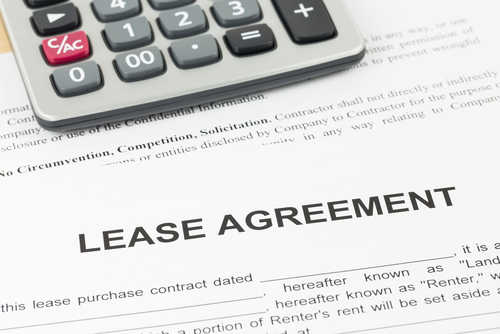Exculpatory Clauses in Leases: Crucial to Use, When Carefully Worded
An exculpatory clause is a portion of a lease that will absolve a landlord of liability for harm suffered by a tenant under certain circumstances. If you’re a property owner in Maryland, you may have heard conflicting answers on your ability to include exculpatory clauses in your leases. The short answer is, exculpatory clauses are legal and smart to use, so long as they are worded in compliance with Maryland law.
Maryland Real Property Code section 8-105 lays out the terms under which an exculpatory clause is valid. Essentially, a landlord can include a term in a lease that indemnifies them against injuries suffered by tenants, resulting from the landlord’s negligence, in any area of the leased property that is under the tenant’s exclusive control. This means that a landlord cannot exclude himself from liability for injuries which occur in any public areas, such as parking lots, hallways, or elevators that were caused by a landlord negligently failing to maintain the premises. The particular space leased by the tenant is different, however. Even where a landlord maintains a right of entry and inspection of the property in order to prevent losses, this will not negate the tenant’s exclusive control over the property.
For example, in one case, a landlord rented a restaurant space to a tenant that had been faultily wired by the landlord. When that restaurant space caught fire, the tenant attempted to sue the landlord for his damages. However, since the negligently-wired area was in a space entirely under the control of the tenant, the tenant’s claim was dismissed. In another case, the landlord had leased a woodworking space to a tenant which included equipment that the landlord knew had caused injuries to past tenants. When the new tenant was injured by the equipment, his claim was dismissed by a federal court, as the equipment was solely within the tenant’s control when the injury occurred, and the landlord had included an exculpatory clause in the lease.
No exculpatory clause can absolve a landlord of liability where the landlord acted grossly negligently, recklessly, or willfully in a way that resulted in the accident in question. For example, if a landlord somehow damaged the electrical system in a property he was leasing to a tenant in order to try to force the tenant out, and that damage resulted in an injury to the tenant, the landlord could not rely on the exculpatory clause to relieve him or herself from liability.
If you are a landlord seeking to create a reliable lease for your residential or commercial property, or if you need assistance with any other Maryland real estate legal questions, contact the Annapolis law offices of Matthew Evans III for a consultation at 410-626-6009.





